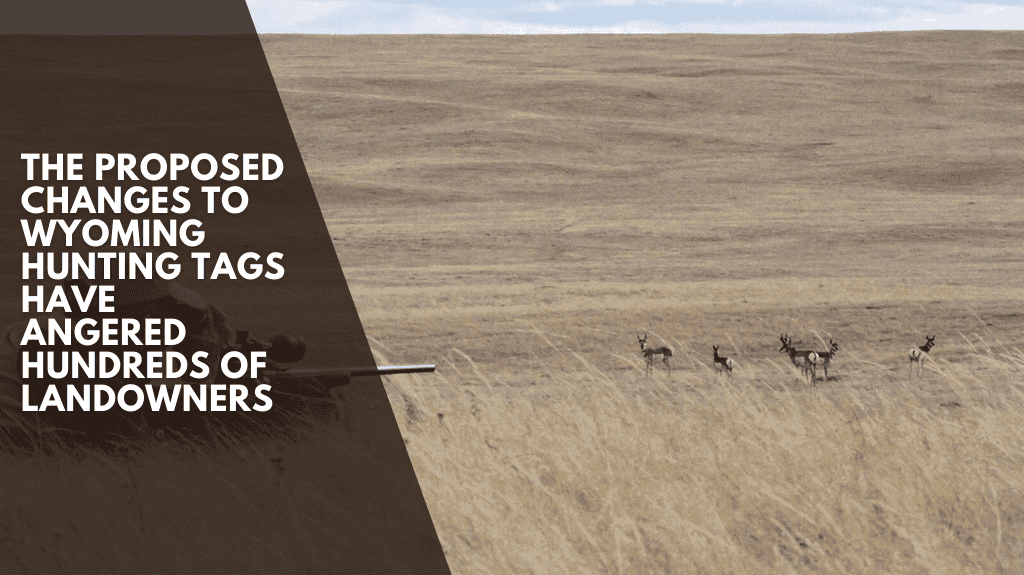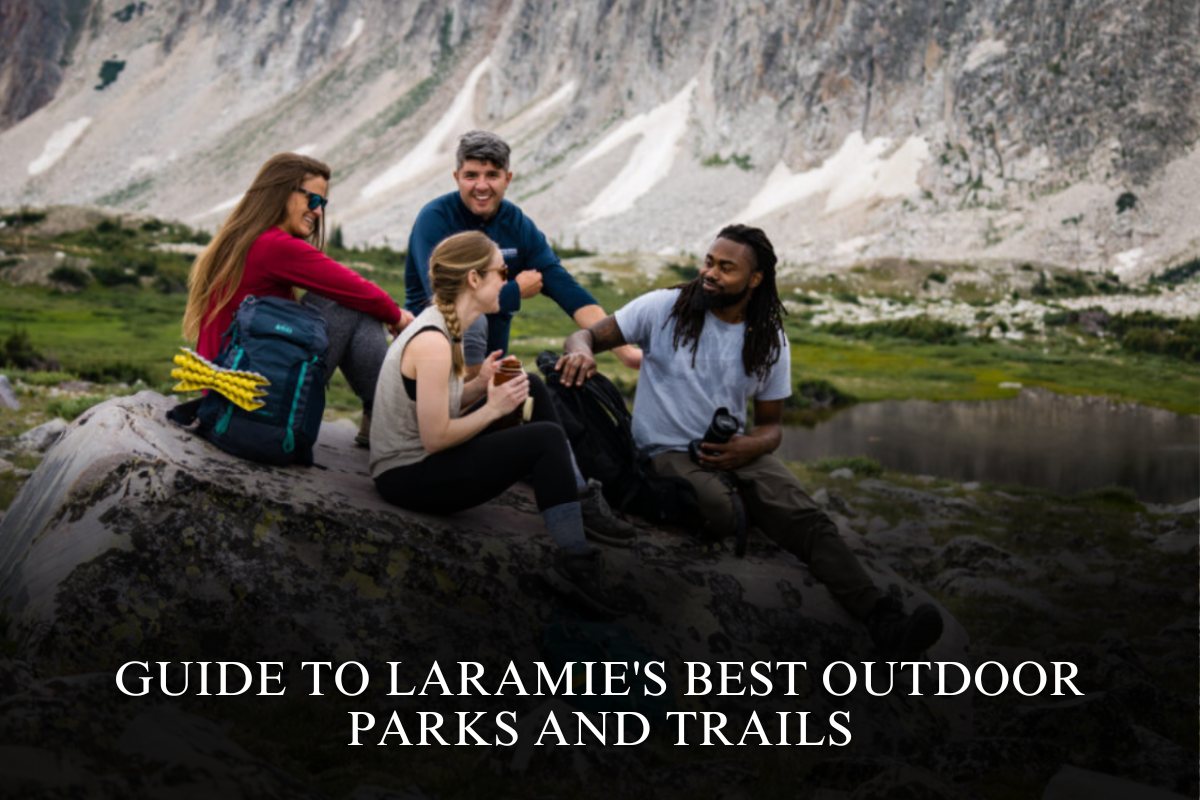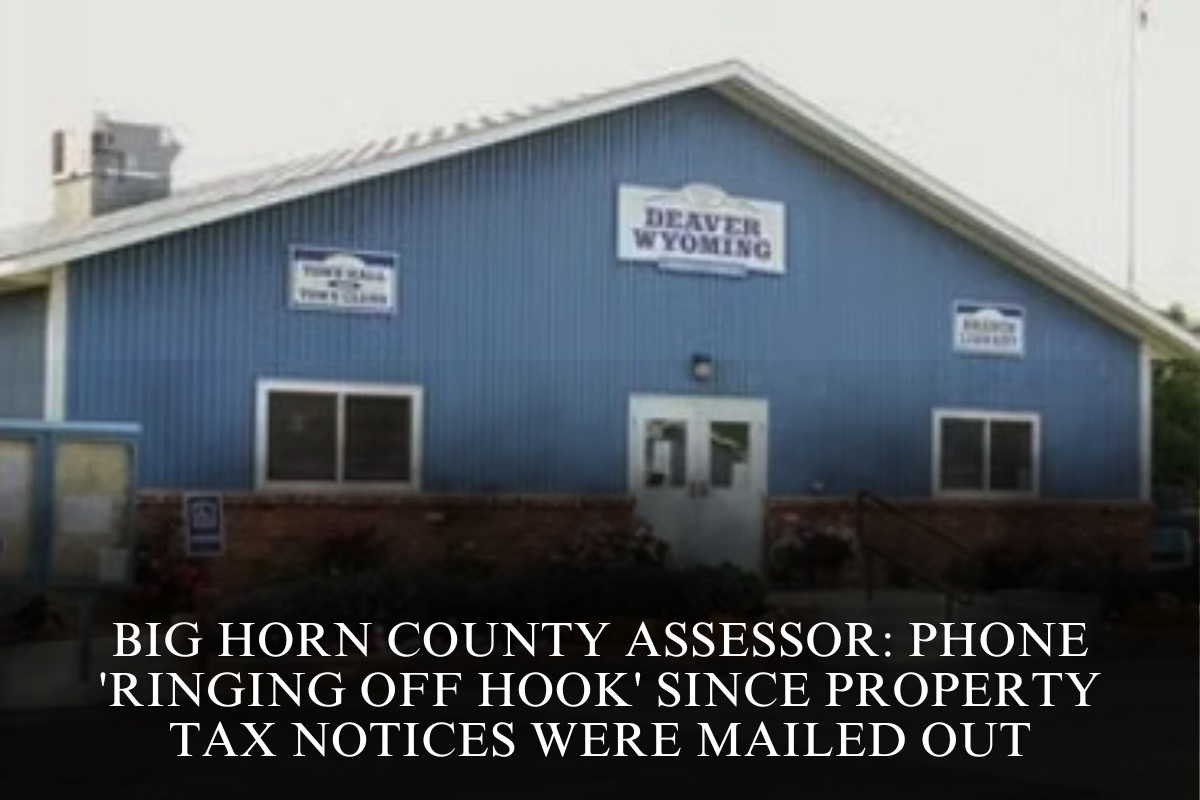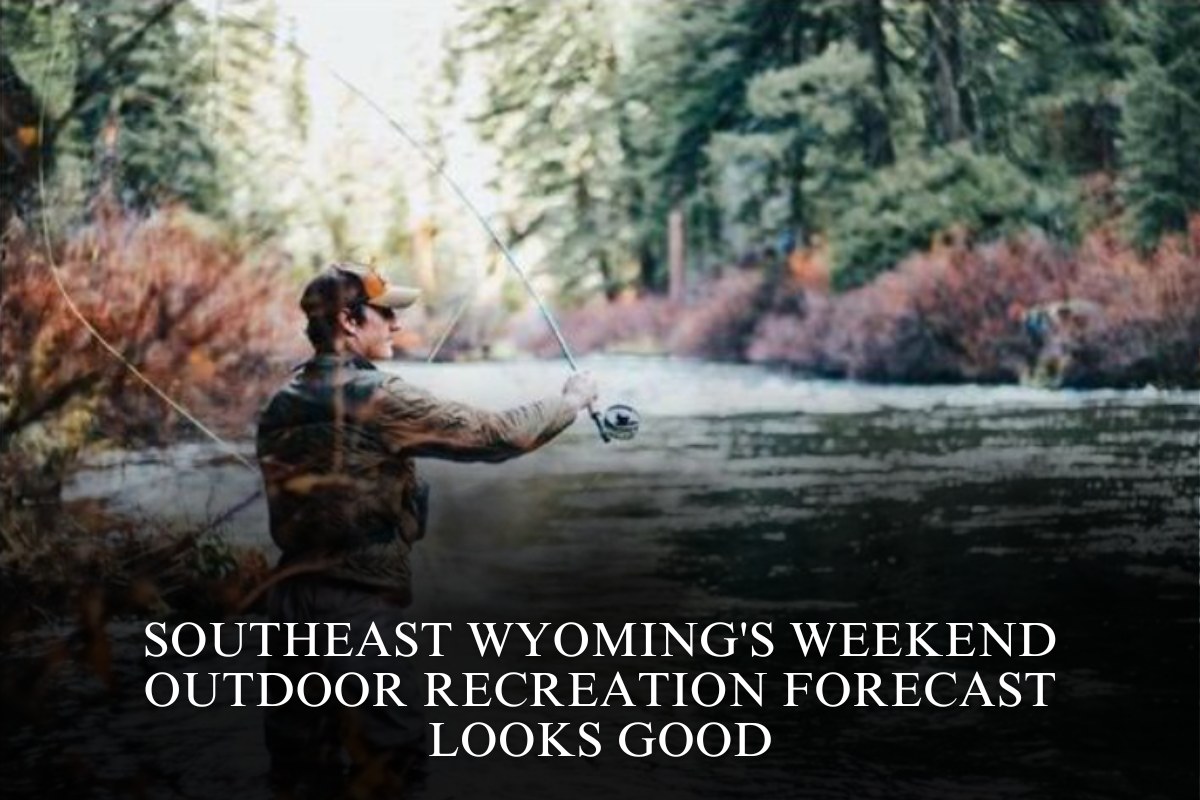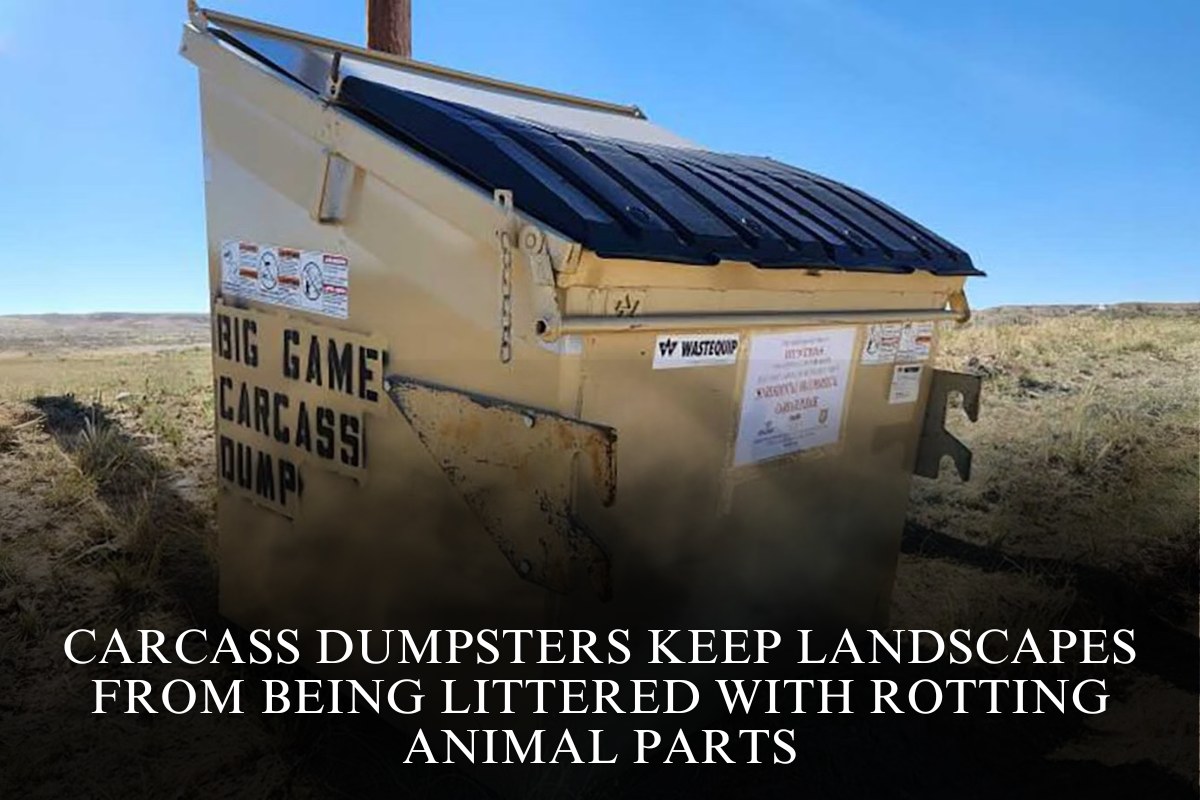Controversy over unpopular proposed changes to Wyoming’s landowner hunting tag policy may boil over Tuesday when the Wyoming Game and Fish Commission meets in Casper.
Opponents of the changes predict that hundreds of landowners will turn out to protest the changes, which some claim will reduce the number of landowner tags by 60% to 70%.
The commission must decide whether to increase minimum property requirements from 160 to 640 acres. The proposal also requires tag holders to own at least 20% of qualifying properties. Finally, the required animal use days would increase from 2,000 to 3,000.
Who Decides What?
The Game and Fish Commission establishes regulations for the Wyoming Game and Fish Department.
The Game and Fish Department recommended that the proposed changes be rejected based on public opposition and comments received.
However, the agency is not in charge of making this decision. That authority is solely with the commission.
Messages left for Game and Fish Commission Chairperson Ashlee Lundvall were not returned.
Landowners are still skeptical
While the department’s recommendation to reject the changes was encouraging, it wasn’t enough to put landowners’ concerns at ease, landowner and avid hunter Ken Ball told Cowboy State Daily.
Ball owns 400 acres south of Glenrock, making him eligible for two landowner hunting tags.
Under current regulations, he may keep one of the tags for himself, give one to a direct family member, or give both to direct family members.
Ball stated that he intends to attend the commission meeting in Casper to make his point. He also anticipates a large turnout of landowner hunters from Wyoming and other states.
“I’ve always planned on attending that meeting,” he said, adding that he’s perplexed as to why the commission wouldn’t simply follow the Game and Fish Department’s recommendation to reject the proposed changes.
Cut out multi-generational family ranches?
In addition to excluding owners of smaller properties like Ball, there is concern that the 20% ownership requirement will disqualify people who own large multigenerational ranches.
Ball understands the need to prevent situations where ten people from out of state each buy 1,000 acres of a 10,000-acre property to essentially form their own private “hunting club.”
However, multi-generation ranches do not experience this phenomenon, according to Ball.
According to Eash, the percentage of ownership decreases as the family grows and the ranch is passed down from generation to generation.
He predicted that many individual ownership shares would eventually fall below 20%.
So it’s easy to see why people with deep Wyoming roots would be barred from obtaining landowner hunting tags, Ball said.
This, in turn, would undermine the intent of the landowner hunting tag program, which was established to reward property owners who provide critical habitat, food, and water for wildlife, he said.
Ball stated that he, like many others, is attending the meeting not only to oppose the changes, but also to seek clarification on the matter.
“Somebody out there knows what’s going on, they’re just not telling us,” the man said.
Selling Tags A Different Matter
Regardless of the Game and Fish Commission’s decision, another lingering question is whether landowner hunters should be able to sell their tags on the open market.
That will not be discussed at Tuesday’s meeting because Game and Fish has no authority in the matter.
To allow the tags to be sold, Wyoming statutes must be changed, which can only be done by the Wyoming Legislature.
Proponents argue that selling landowner tags would allow ranchers to recoup some of the costs of elk herds eating hay or destroying fences.
Critics argue that commercializing Wyoming’s wildlife is unethical and goes against the time-honored North American model of wildlife management, which holds wildlife in public trust.
Proposals to sell landowner hunting tags have sparked heated discussions at interim legislative committee meetings.
